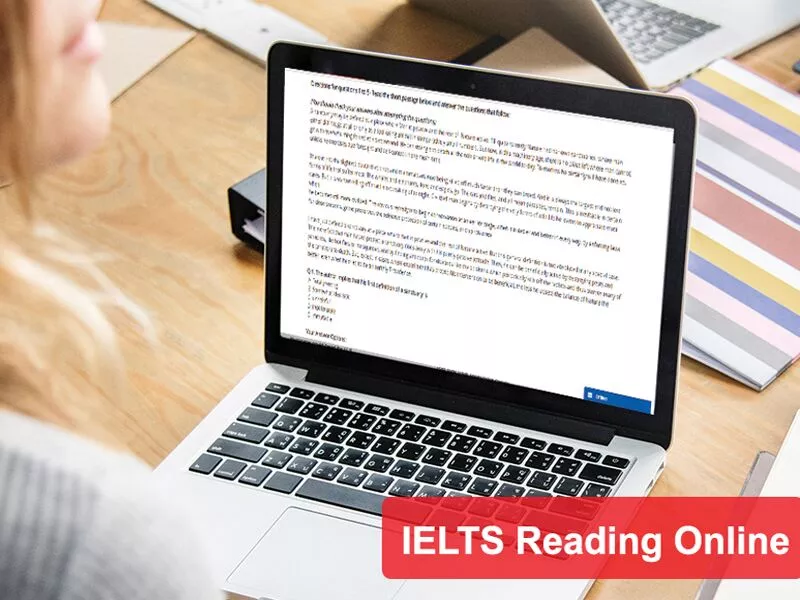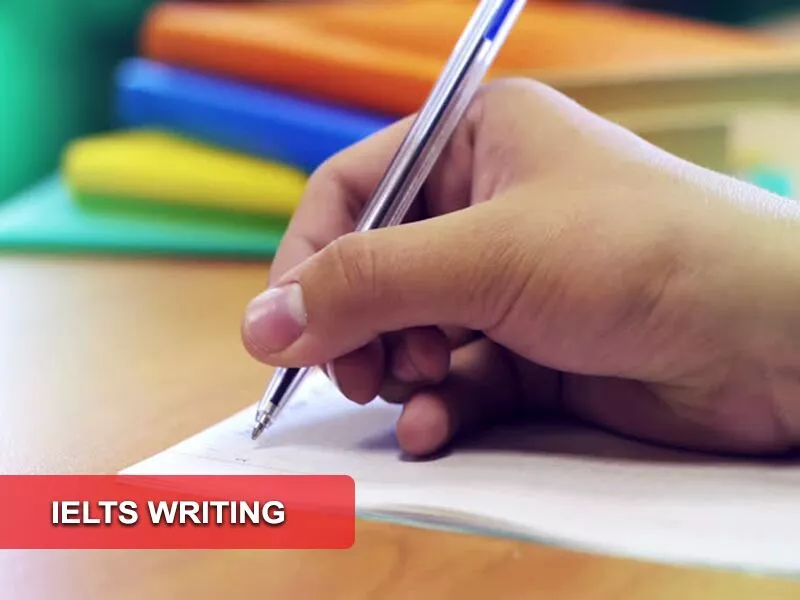All IELTS Course Online
IELTS Preparation with the world’s best …
Wouldn’t you love to have overcome IELTS with elated boldness, and achieve your desired scores which will lead you to success?
Would you like to achieve this completely in private? That’s right, Our IELTS online course is designed with all four skills of IELTS Reading, Writing, Listening, and Speaking in one self-learning program. No more worrying about the risk of Covid-19 contaminations, class times, and matching your schedules.
You won’t be completely alone though. At the IELTS self-paced Prep course by EduCan Academy, you will have the support of dedicated mentors at the back end to help you or guide you with expert advice; only if you need it.
Cambridge English is a partner of IELTS and so, you know you are at the right place for excellence in your IELTS score or improved IELTS band, otherwise known as the CEFR level.
Discover the British Council’s IELTS preparation strategies
If you are planning to study abroad or move to another country to work or live, you may be required to prove your English proficiency with the IELTS test.
The four courses in this British Council ExpertTrack give you all the information and practice you need to tackle all four parts of IELTS with the confidence that you can achieve the group score you need.
In each of the four courses you will find:
a description of each part of the test and what you need to do to get a good strip score assessment criteria that tell you what your reviewer is looking for exam techniques to help you tackle all types of test questions tips and strategies for successful preparation for the tests and for improving your English skills practice tests to help you know what to expect on test day
Now, let’s get down to details:




Writing also involves using past or present or future tense which is used to identify their illustration of the time frame in the composition, comprehension, and case study.
Call us now for one to one guidance: 01958275657, or 01977745652
KNOW FROM THE STUDENTS
